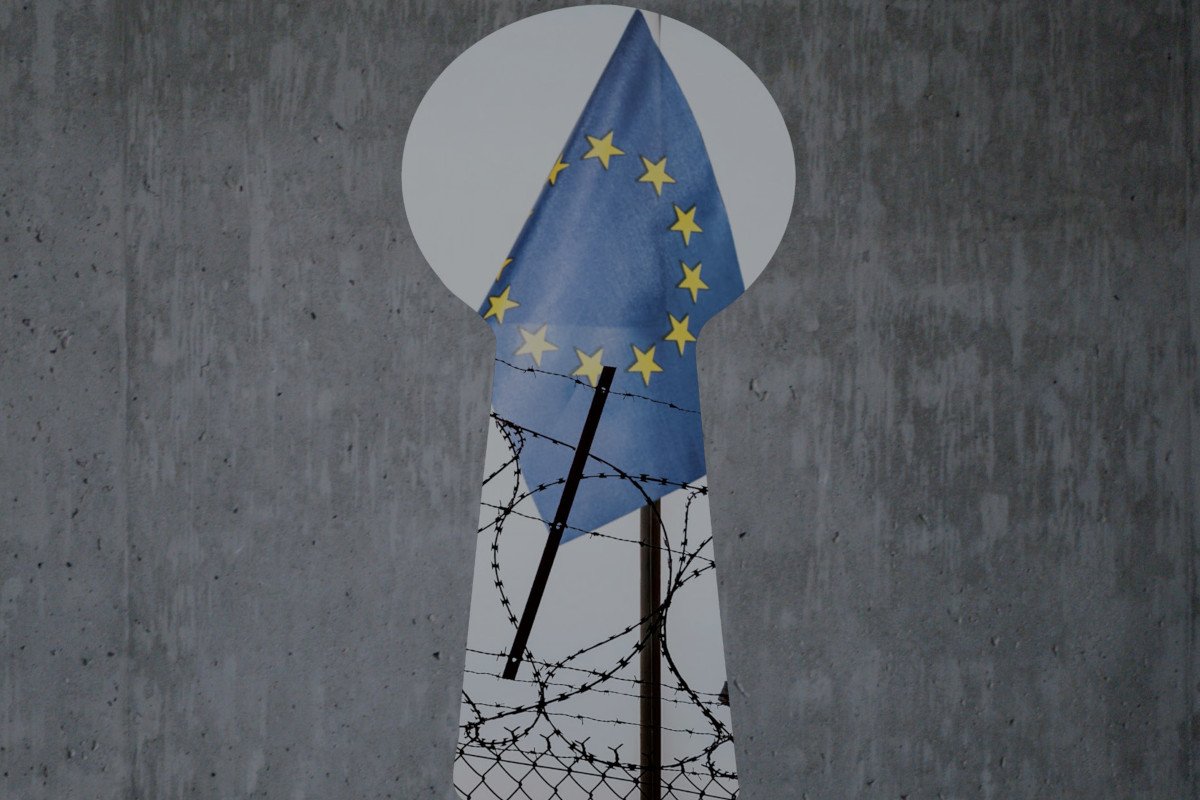
Frontex and Morocco
Cooperation between #Frontex and Morocco involves a “special relation”, according to a document we obtained as part of an investigation conducted last year.
1/8
Cooperation between #Frontex and Morocco involves a “special relation”, according to a document we obtained as part of an investigation conducted last year.
1/8
That relation has been developed through the Frontex-Morocco Mixed Committee, which aims to “bring together senior managers and staff of Frontex and Morocco" to share knowledge & discuss technical aspects of border management to foster a trusted and transparent partnership.
2/8
2/8
The 1st meeting was held in Oct. 2019 at Frontex HQ (Warsaw), covering risk analysis, situation monitoring and aerial surveillance, quality control/audit & vulnerability assessment, communication with the public. Contents of an agreed “roadmap of activities” remain unknown.
3/8
3/8
The minutes of that meeting note an intent to work together on surveillance and information exchange, but “legal challenges” stood in the way of closer cooperation.
4/8
4/8
The 2nd meeting, held a year later, noted that the pandemic delayed implementation of several plans. Nonetheless, a Frontex official “applauded the bilateral relationship with Morocco", coining it as a regional cooperation model, but details were concealed by redactions.
5/8
5/8
Yet, another document shows that Moroccan authorities attended Frontex workshops on risk analysis, search and rescue, and coast guard activities. The 3rd meeting held in Oct. 2022 saw Frontex’s former interim ED describe Morocco as “the gateway into the African continent.”
6/8
6/8
Preparations are ongoing for a working arrangement with Morocco, but Frontex refused to release details, due to the need to protect “negotiating tactics” and ensure “mutual trust”.
7/8
7/8
Despite committing to more transparency, none of the documents we received were made proactively available by Frontex.
statewatch.org/news/2021/janu…
8/8
statewatch.org/news/2021/janu…
8/8
Read the full case study on EU agencies and Morocco in our new briefing published with @boell_eu
statewatch.org/access-denied-…
Become a Friend of Statewatch to help us produce more investigations like this one!
statewatch.org/donate/
9/8
statewatch.org/access-denied-…
Become a Friend of Statewatch to help us produce more investigations like this one!
statewatch.org/donate/
9/8
• • •
Missing some Tweet in this thread? You can try to
force a refresh









